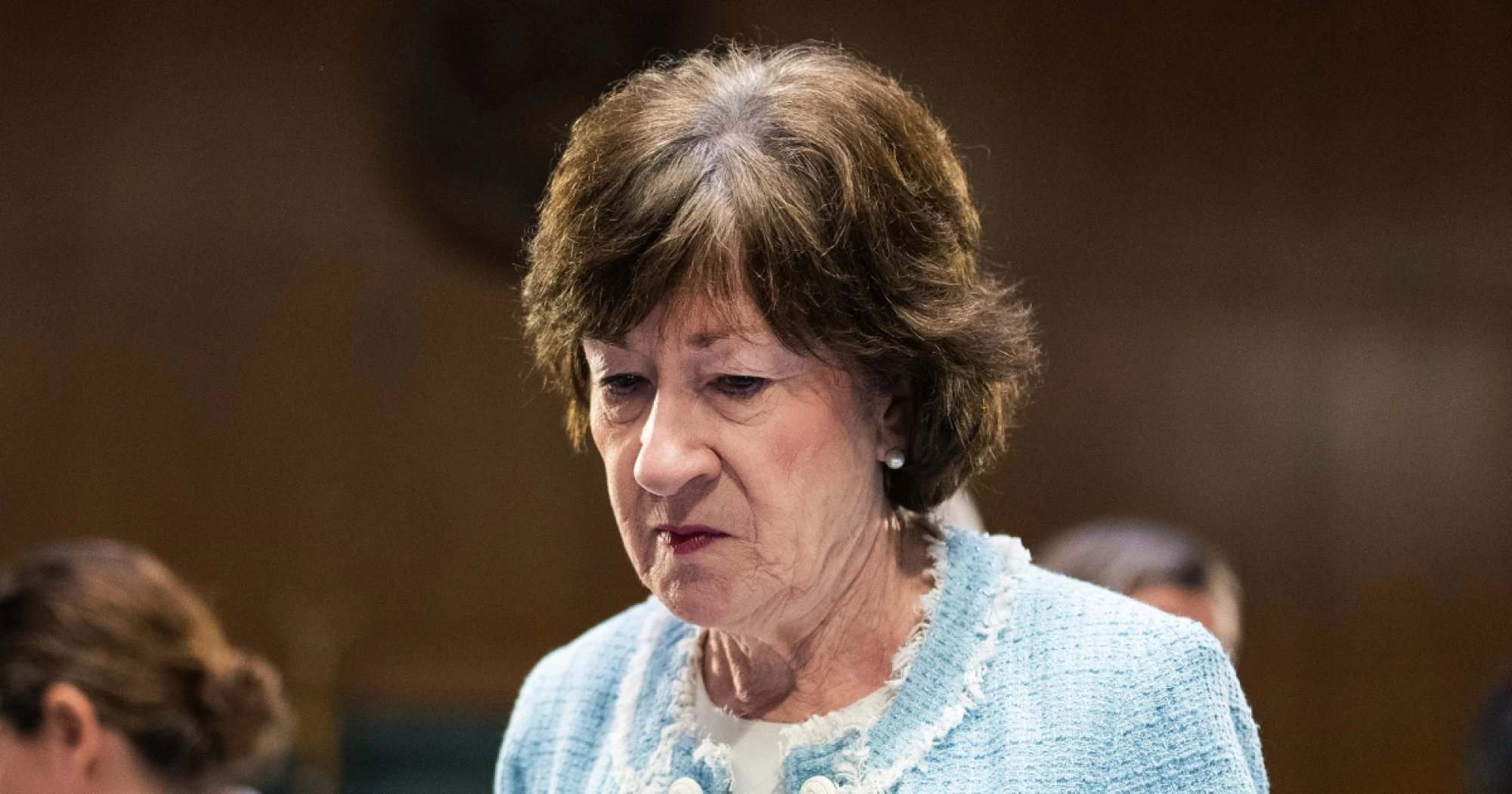Bipartisan government funding is at risk of dying in Trump's Washington

For years, both parties had to sign off on funding the government. Under Trump and Republicans, that's changing.
WASHINGTON — For many years, final decisions over how much the U.S. government spends, and how, have required sign-off from leaders of both parties, no matter who controlled the White House or Capitol Hill or the level of polarization.
Now, that last vestige of the bipartisan funding process is at risk of dying after a one-two punch by President Donald Trump and the Republican-led Congress.
The “appropriations” process, whereby both parties pass detailed funding bills for various federal agencies every year, has been in a slow decline for decades. But recent moves by the Trump-era GOP to disrupt past funding agreements have accelerated that decline — and, in the view of Democrats and even some weary Republicans, undermined Congress’ power of the purse in deference to the White House.
First, Republicans passed a $300 billion hike in military spending and immigration enforcement as part of Trump’s megabill; and second, they cut $9 billion in domestic money and foreign aid under a rarely used “rescission” process, allowing the GOP to cancel already approved bipartisan spending with a party-line vote.
A Sept. 30 deadline to fund the government or risk a shutdown will test whether a bipartisan deal is still possible, particularly as Trump’s top budget aide publicly calls for a more partisan approach.
Rating: 5